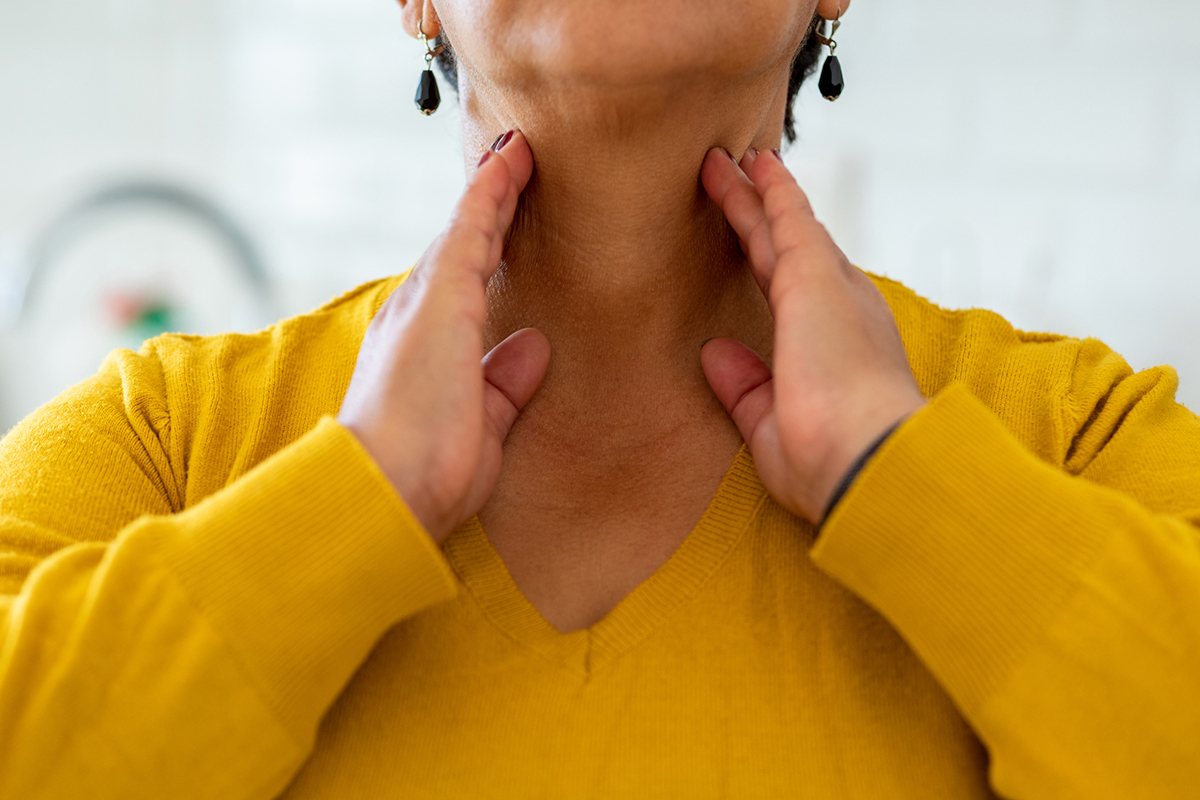Q: I keep hearing about DHEA. What exactly is it, and how important is DHEA to health? Should I take a supplement? How can I boost my DHEA levels naturally?
A: Dehydroepiandrosterone (DHEA) is a vital hormone secreted by the adrenal glands which sit right above the kidneys. Smaller amounts are produced by the gonads and brain. DHEA is the substrate from which other sex hormones are made, such as estrogen and testosterone, and levels are much higher earlier in life peaking in our 20s and 30s. Then it begins to diminish with aging. In fact, it’s estimated that levels can drop by as much as 90% over a lifetime. This is likely the reason DHEA is touted as an anti-aging supplement. Indeed, it’s a critical vitality hormone.
DHEA is depleted in the setting of stress, chronic pain, certain medications, and autoimmune conditions such as lupus and multiple sclerosis, among others.
While supplemental DHEA is a banned substance in sports because it’s classified as a performance-enhancing drug, fortunately, there are ways to raise endogenous DHEA levels. Regular exercise, caloric restriction, and stress reduction are ways to naturally restore it.
DHEA is often touted as an antiaging supplement. For example, it’s been studied and found to help boost both cognitive function and executive function. Bone mineral density is also found to be improved by increasing bone-forming osteoblasts and insulin-like growth factor-1 (IGF-1). In fact, we’ve seen the greatest benefit in the setting of osteopenia/osteoporosis when DHEA is part of an overall bone health supplement program. A small study found that DHEA helps improve mood and ease mild to moderate depression. This was especially noted in those with low DHEA levels. And limited research suggests improvements in vaginal dryness for postmenopausal women.
There are, however, noted side effects with DHEA supplements, chiefly, oily skin, acne, body hair growth, receding hairlines and some hair loss. In my opinion, DHEA should be administered with supervision from a qualified health practitioner. It is also not recommended for those with any individual or family history of cancer such as prostate, uterine, or breast cancers. Regular screenings are urged when taking DHEA as a supplement.
To your health!
Leyla Muedin, MS, RD, CDN








